1. Understanding Blockchain
Blockchain is a distributed ledger technology that enables secure and tamper-proof record-keeping. It operates on a decentralized network where transactions are validated through consensus mechanisms such as Proof of Work (PoW) or Proof of Stake (PoS). The key features of blockchain include:
-
Decentralization: Eliminates the need for intermediaries, reducing costs and enhancing trust.
-
Transparency: Every transaction is recorded and accessible to authorized participants.
-
Security: Cryptographic algorithms ensure data integrity and prevent unauthorized modifications.
-
Immutability: Once recorded, data cannot be altered or deleted.
Blockchain has gained significant adoption in finance, supply chain management, healthcare, and governance due to its ability to provide secure and transparent solutions.
2. Understanding Artificial Intelligence
AI involves the development of systems that can perform tasks requiring human-like intelligence, such as learning, reasoning, and decision-making. AI technologies, including machine learning, natural language processing, and neural networks, enable businesses to automate processes, analyze vast datasets, and gain predictive insights. Some of the key benefits of AI include:
-
Automation: Reducing manual effort and increasing efficiency.
-
Data Insights: Uncovering patterns and trends that inform decision-making.
-
Personalization: Enhancing customer experiences through intelligent recommendations.
-
Continuous Learning: Improving performance over time by learning from data.
AI is widely used in sectors such as healthcare, finance, manufacturing, and marketing, where data-driven decisions and automation provide a competitive edge.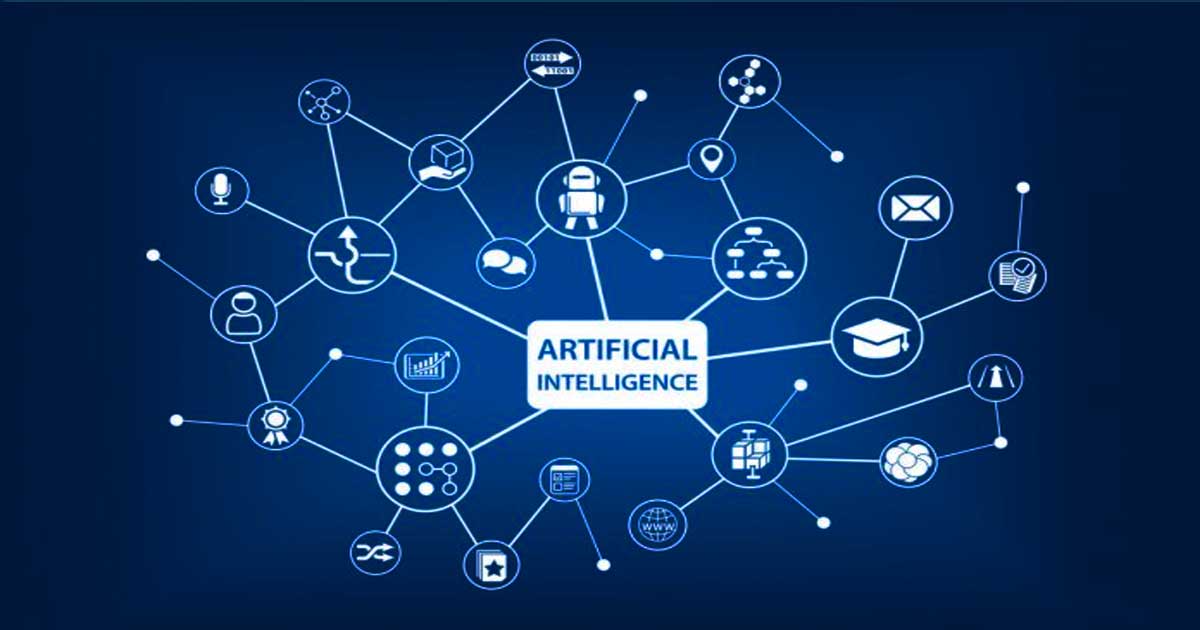
3. The Convergence of Blockchain and AI
The integration of blockchain and AI offers unique opportunities to overcome the challenges each technology faces individually. Blockchain provides a secure, transparent, and immutable data foundation, which enhances the reliability of AI models. Conversely, AI can optimize blockchain operations by improving efficiency and scalability. Some key areas where blockchain and AI intersect include:
1. Data Security and Trust
AI systems heavily rely on data to function effectively. However, concerns about data privacy and security often hinder AI adoption. Blockchain ensures data integrity, providing a tamper-proof record of data inputs, which enhances the trustworthiness of AI models. This is particularly important in industries such as healthcare and finance, where data accuracy is critical.
2. Decentralized AI Models
Traditional AI models often rely on centralized data sources, making them vulnerable to cyber threats and data monopolies. By leveraging blockchain, AI models can be decentralized, allowing data to be processed securely across distributed networks. This decentralized approach enhances privacy, reduces bias, and prevents single points of failure.
3. Smart Contracts and Automation
Smart contracts, self-executing agreements on the blockchain, can be enhanced with AI capabilities to enable intelligent automation. AI can analyze data in real time and trigger smart contracts based on predefined conditions, streamlining operations in areas such as supply chain management and insurance claims processing.
4. Fraud Detection and Prevention
AI algorithms are capable of detecting fraudulent activities by analyzing patterns and anomalies in data. When combined with blockchain's immutable ledger, fraudulent transactions can be identified and prevented in real-time. This application is particularly valuable in financial services, where fraud prevention is a top priority.
5. Enhanced Decision-Making
Blockchain ensures the authenticity of data used in AI models, which leads to more accurate and reliable decision-making. AI, in turn, can analyze blockchain data to provide actionable insights, optimizing processes such as identity verification, risk assessment, and asset management.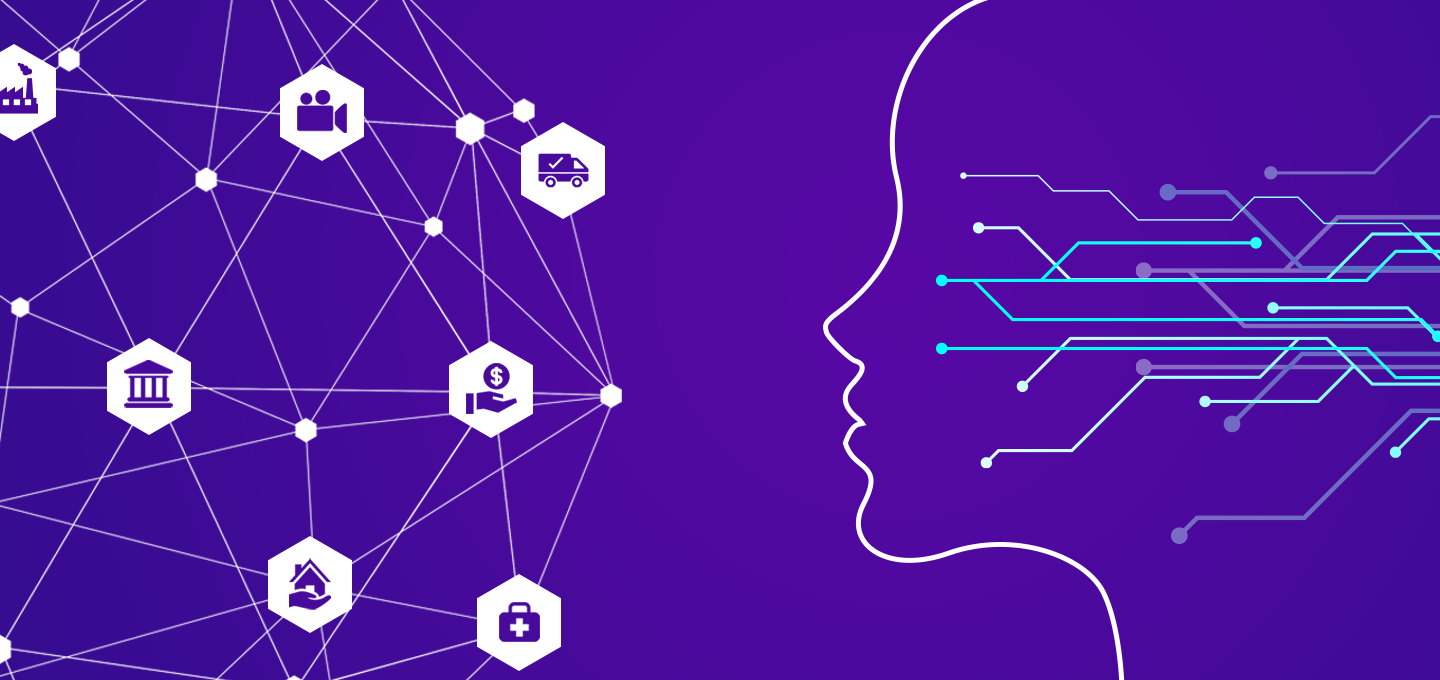
4. Real-World Applications
Several industries are already exploring the integration of blockchain and AI to unlock new opportunities:
-
Healthcare: Secure patient data sharing, AI-driven diagnostics, and automated billing systems.
-
Finance: Fraud detection, risk assessment, and decentralized finance (DeFi) solutions.
-
Supply Chain Management: Enhanced transparency, predictive analytics, and automated compliance.
-
Energy: Smart grids that optimize energy distribution and consumption.
Retail: Personalized shopping experiences and secure transaction processing.
5. Challenges and Considerations
Despite the promising potential of blockchain and AI integration, several challenges need to be addressed:
-
Scalability: Blockchain networks often face scalability issues that could hinder AI's need for processing large datasets in real-time.
-
Energy Consumption: Blockchain's consensus mechanisms, such as PoW, consume significant energy, which could impact AI's sustainability efforts.
-
Regulatory Compliance: Adapting to evolving regulations and ensuring compliance across jurisdictions can be complex.
-
Interoperability: Seamless integration of AI and blockchain platforms from different providers remains a technical challenge.
6. The Future of Blockchain and AI
The future of blockchain and AI is promising, with ongoing advancements aiming to overcome existing challenges and unlock new possibilities. Emerging trends include:
-
AI-optimized Blockchain Networks: Leveraging AI to enhance blockchain scalability and efficiency.
-
Federated Learning on Blockchain: Allowing AI models to be trained across decentralized networks without exposing sensitive data.
-
Tokenized AI Services: Enabling access to AI-powered solutions through blockchain-based tokens.
As organizations continue to explore these technologies, collaboration between industry leaders, researchers, and policymakers will be crucial in shaping a future where blockchain and AI work hand in hand to drive innovation.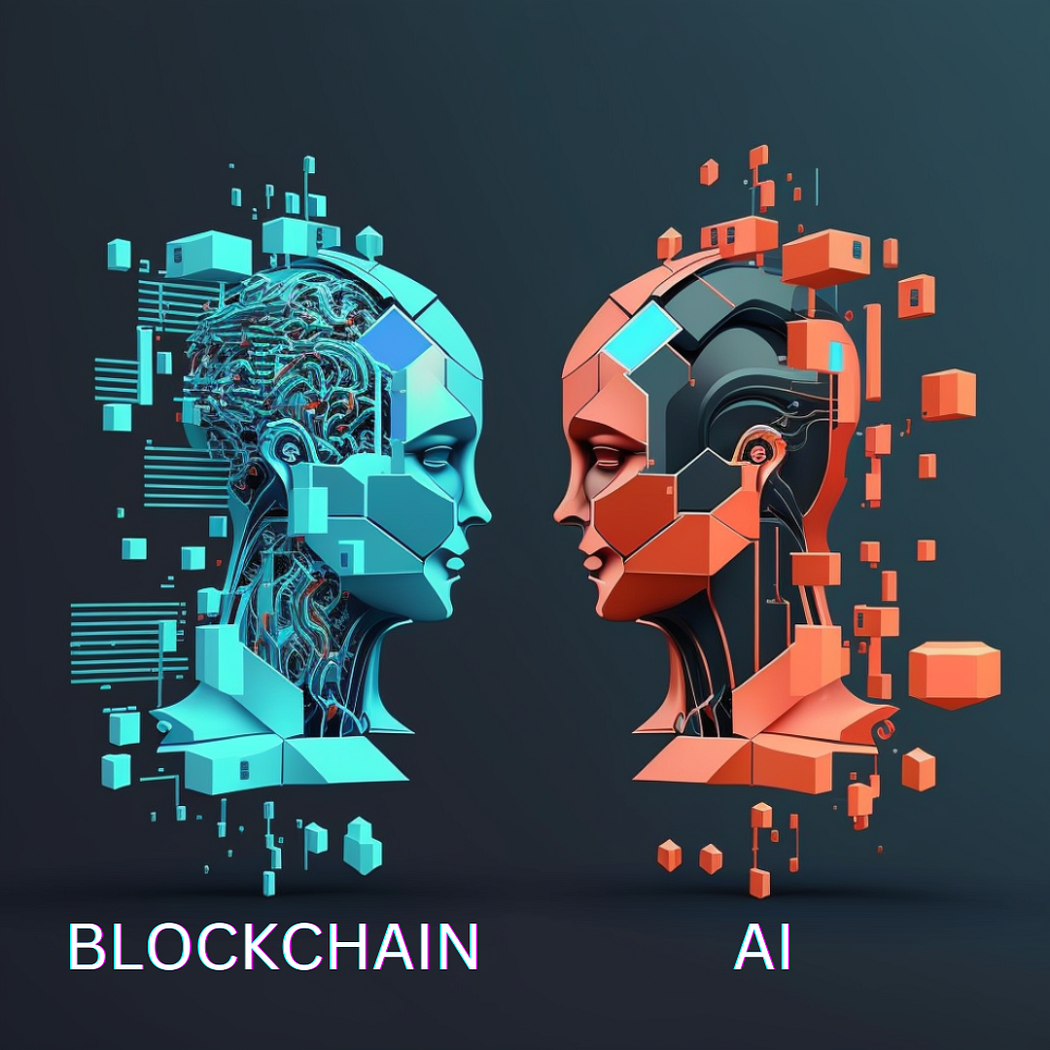

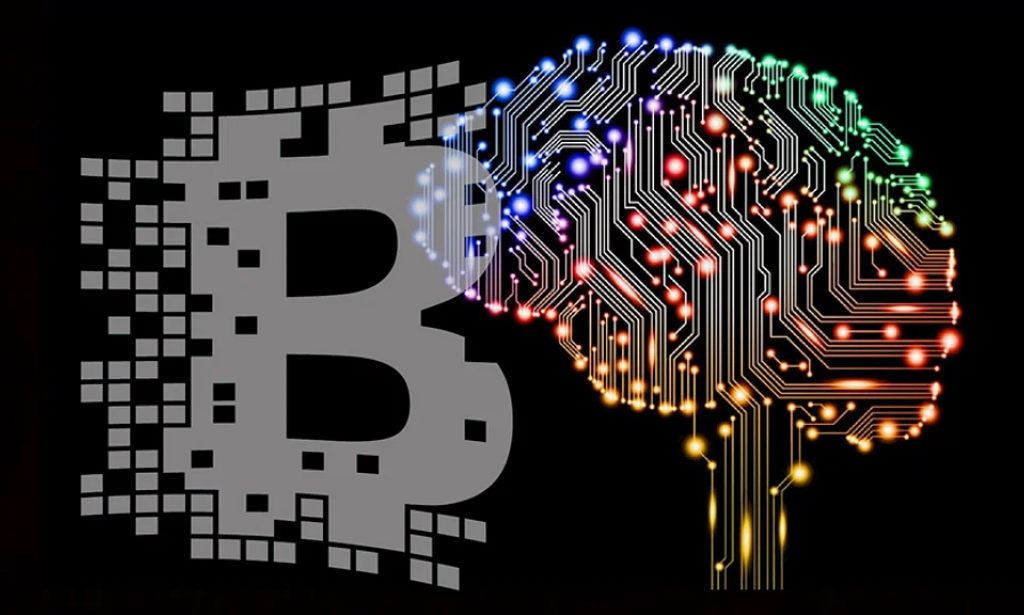

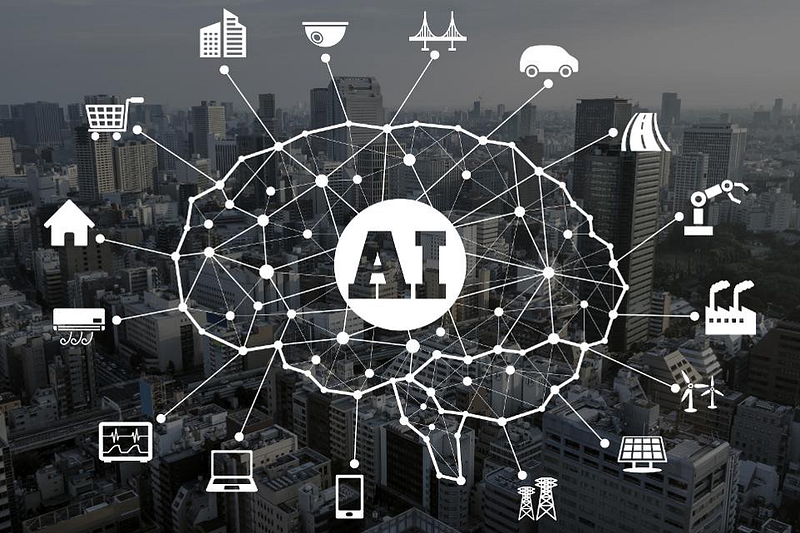

You must be logged in to post a comment.